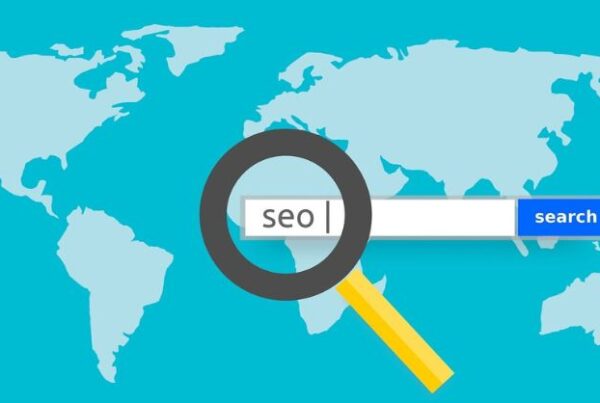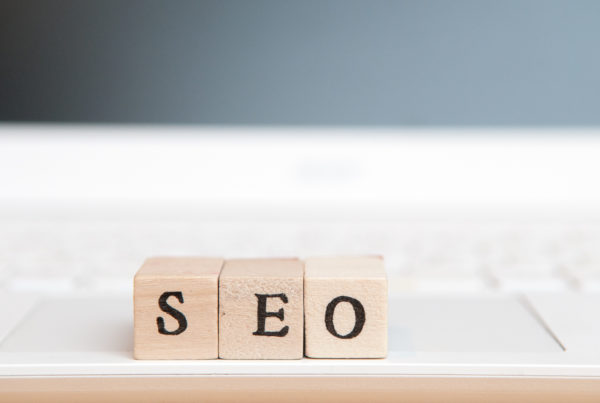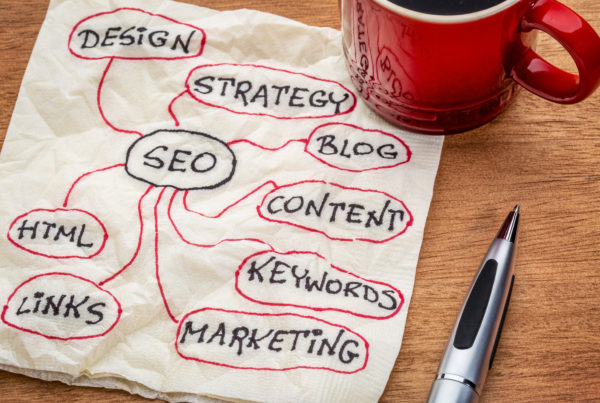Maybe you’ve wondered what SEO stands for, and why is it important? First off, SEO stands for search engine optimization, and it’s essential for any business that wants to attract an online audience. Fortunately, there are numerous ways to use SEO to increase your business online. From implementing a blog with quality informational content, to using google maps so people can find your business online and visit in person. Are you doing all you can to enhance your small business SEO strategy? Here’s your ultimate local SEO checklist for small businesses that want to grab their audience’s attention online.
Local SEO Checklist: Utilize Google maps
If you have a brick and mortar business, you want to set up your location on Google Maps. It’s also essential that your business is within the target area because we’re talking about utilizing local SEO.
Furthermore, Google My Business (GMB), makes it easy for your audience to find you via any of their devices. Make sure you include accurate and relevant information—and update it accordingly. You’ll also want to ensure that the business is owner verified.
Plus, don’t forget to mention the city or town’s name that you’re targeting in the GMB title. Finally, select the primary categories that most closely match your products and services, as well as a broader search category. Consistency is key for Google, so make sure that all of your business information such as your name, address, phone number, and email match throughout your online platforms.
Add a Map to Your Website
You can grab the code here to add the Google map to your website. It’s vital to include your business hours on your website as well as directions with landmarks. Additionally, you can add links to your cell and office phones as well as social media share options. The key to great SEO, local or otherwise, is helpful, user-friendly information.
If you need assistance building out your website and making it SEO friendly, check out Vuja Day. We’re a creative services digital agency that will help you reinvent your digital strategy to create a foundation, get found online, and grow your business.
Keyword Planner
One of the most important components of a local SEO strategy involves keywords. These are the words and phrases that people search on Google when they’re looking for products and services. What are some of the search terms that people would use to find your company?
Think of a few and then try this handy keyword planner tool to create your list. You may be wondering what to do with it once you have your list of keywords. Think in terms of how you would use those words and phrases in an article that would help your audience.
For example, if your customers are people looking to purchase a home, you might want to write an article titled 4 Biggest Must-Haves for Buying a house. Then you would sprinkle the keyword throughout your article to raise the SEO ranks. Of course, there’s more to it than that, but that is the idea behind content creation.
Start a Blog
Speaking of information—if you haven’t started to blog yet, there’s no better time to start than now. Today, blogging is an essential piece of any business’s content marketing plan. Not only that, but it is also a vital piece to SEO and provides organic traffic.
Why? Because 77 percent of people online spend at least part of their time reading blogs.
What that means for you is an audience that comes to your site without pay per click (PPC) advertisement. Of course, both strategies are important—however, content on your blog sets you up as a leader in your industry because you’re demonstrating your knowledge with helpful information.
That informative content is what Google wants to see on your website to rank your company higher with their business search engines’ results pages (SERP).
Evergreen Content
The kind of content we refer to as evergreen are those articles that are timeless. Your audience will always find them helpful, and they never get outdated. Now, search engines work by crawling, indexing, and retrieving (ranking), which is why having evergreen content is vital.
Search engines regularly crawl web pages looking for keywords that best match a user’s keyword search. If the content is dated or expired and hasn’t generated much traffic in recent history, the page will fall in the ranks. However, if the information is evergreen, that means search engines will continue to rank it, and you’ll see an increase in visitors, which, in turn, will raise the ranks.
You can imagine why evergreen content is an essential piece on your website.
If you have a hard time coming up with the content you need to build out your blog, consider hiring an SEO agency like VujaDay to help you set up a content plan. We’ll even provide the posts for you.
Internal linking
Another way to increase local SEO is to use internal linking, which connects pages of your website. Content guru, Neil Patel, suggests siloing content. That is group your pages with tags, by keywords. Using the silo technique is an easy way to access pages to link.
The biggest reason to use internal linking is that it helps Google index your website pages.
Pay Per Click Local SEO
If you’re considering using a pay per click service, you might want to hire a small business SEO company that provides a small business SEO service that you can use to implement those paid advertisements. After all, without experience in digital advertising, you could easily be throwing your money out the window.
Try writing organic content first, and you’ll get an idea of the skill set you need to make those pay per click local SEO tricks work.
Your SEO Checklist
Now that you have your local SEO checklist, are you ready to get started? If you need help, at VujaDay, we offer a boutique of services, including web design. Not only that, but our digital agency can provide local SEO analysis and strategy, which will move you up the ranks in local Google searches.
Get in touch with the professionals at VujaDay—we can help with the best SEO software for small businesses. Let’s build something together.





5 Comments